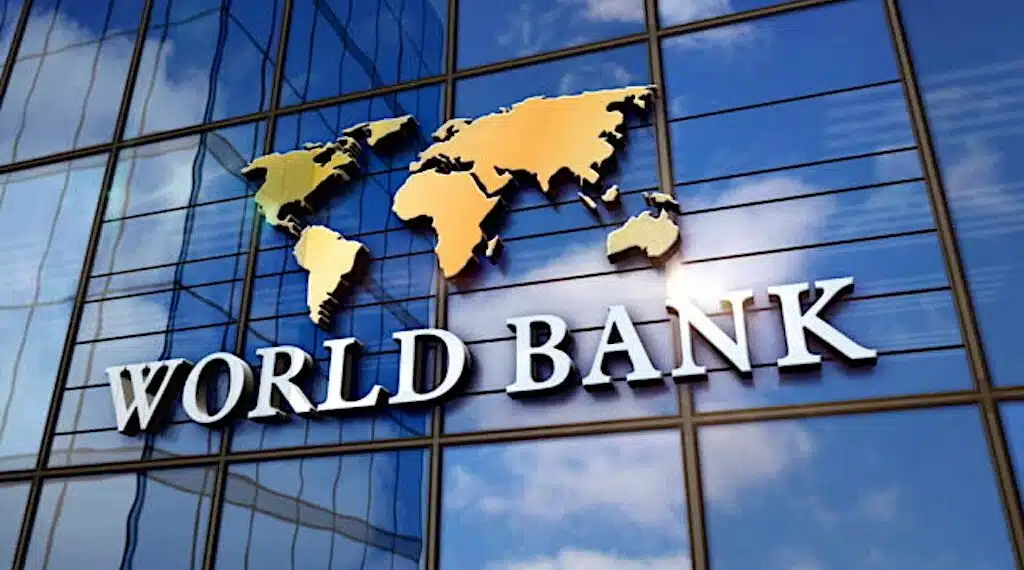Business
Nigeria, Other African Nations’ Economy To Grow By 3.4% In 2024 – World Bank Predicts

The World Bank has forecasted a promising uptick in the growth rates of African economies, with expectations of an increase from 2.6 per cent in 2023 to 3.4 per cent in 2024 and further to 3.8 per cent by 2025.
Naija News reports that this positive outlook is encapsulated in the bank’s latest Africa’s Pulse Report, which attributes the anticipated rebound primarily to a rise in private consumption alongside a decrease in inflation across Sub-Saharan Africa.
Despite this optimistic projection, the report cautions that the recovery path is laced with uncertainties due to several external and internal challenges.
These include the unpredictability of the global economic climate, the burden of increasing debt service obligations, frequent natural disasters, and the aggravation of conflicts and violence across the region.
While the median inflation rate is expected to cool down from 7.1 to 5.1 percent in 2024, it will remain significantly higher than pre-pandemic levels.
The report also highlights a concerning trend among over half of the African governments struggling with external liquidity problems and unsustainable debt, emphasizing that the growth rates, although improving, will still fall short of significantly impacting poverty reduction.
The World Bank’s Chief Economist for Africa, Andrew Dabalen, stressed the necessity of transformative policies to bridge deep-seated inequality, drive sustainable growth, and achieve meaningful poverty reduction.
He pointed out the inefficiency of current growth patterns in alleviating poverty, underscoring the need for an inclusive approach that bolsters the private sector’s capacity to generate equitable employment opportunities.
Dabalen said, “Per capita Gross Domestic Product (GDP) growth of one per cent is associated with a reduction in the extreme poverty rate of only about one per cent in the region, compared to 2.5 per cent on average in the rest of the world.
“In a context of constrained government budgets, faster poverty reduction will not be achieved through fiscal policy alone.
“It needs to be supported by policies that expand the productive capacity of the private sector to create more and better jobs for all segments of society.”












